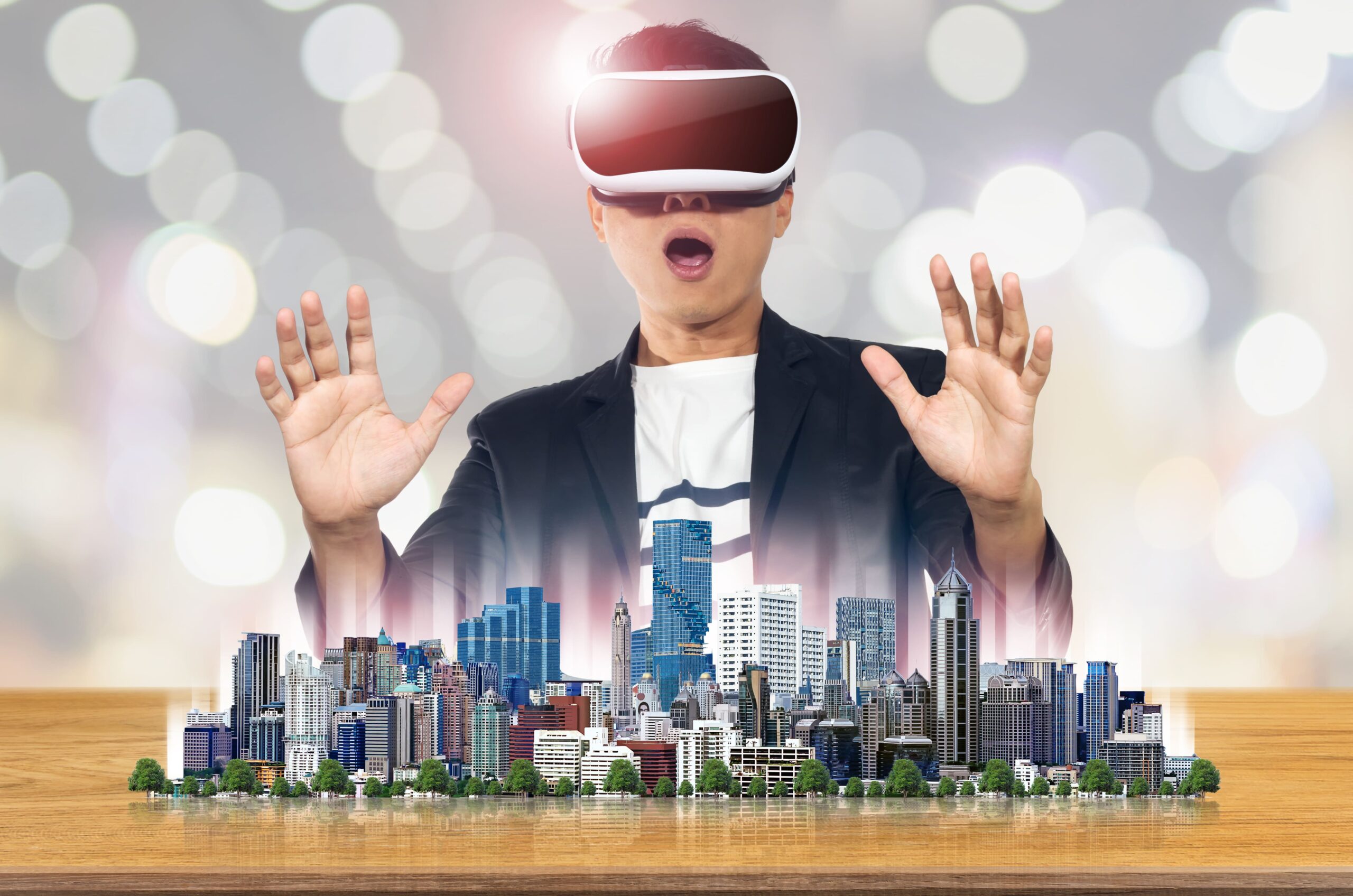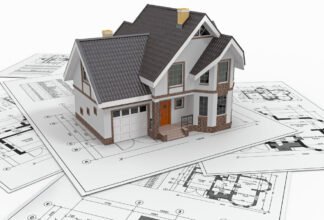The Integration of Modern Technology in Commercial Construction Projects
- 1 Integration of Modern Technology in Commercial Construction Projects
- 1.1 Building Information Modelling (BIM)
- 1.2 Prefabrication and Modular Construction
- 1.3 Smart Buildings and IoT
- 1.4 Green Technology and Sustainable Construction
- 1.5 Augmented Reality (AR) and Virtual Reality (VR)
- 1.6 Drones and Aerial Photography
- 1.7 Advanced Materials
- 2 The Future of Commercial Construction
The landscape of commercial construction is undergoing a profound transformation driven by the integration of modern technology. Innovative solutions are being adopted from office buildings to distribution centres to improve efficiency, sustainability, and functionality. This article explores the key technologies reshaping commercial construction projects, illustrating how they are applied and the benefits they bring.
Integration of Modern Technology in Commercial Construction Projects
Building Information Modelling (BIM)
Building information modelling (BIM) is at the forefront of this technological revolution. It goes beyond traditional 2D architectural drawings, offering an interactive 3D model that can be updated at any stage of the construction process. This allows for improved coordination among stakeholders, reduces conflicts and changes during construction, and enhances the overall project outcome.
Prefabrication and Modular Construction
Prefabrication and modular construction techniques are increasingly popular in commercial construction projects. By constructing components or entire sections of buildings in a controlled factory environment, projects can be completed faster and at a lower cost than traditional methods. This approach improves efficiency and reduces waste and environmental impact, contributing to more sustainable construction practices.
Smart Buildings and IoT
The Internet of Things (IoT) is making buildings more intelligent. By integrating sensors and devices to collect and analyse data, commercial buildings can monitor energy consumption, control lighting and heating, and improve security and safety. These intelligent systems reduce operational costs and enhance occupant comfort and productivity. The data collected can also inform maintenance and operational decisions, further optimising building performance.
Green Technology and Sustainable Construction
Sustainability is a critical consideration for modern commercial construction companies. Green technology, including solar panels, green roofs, and energy-efficient lighting, is being integrated into projects to reduce carbon footprints and operational costs. These technologies contribute to creating buildings that are not only environmentally friendly but also offer lower running costs, making them more attractive to potential tenants and investors. For example, Smart Heating, Ventilation, and Air Conditioning systems exemplify technology integration into commercial buildings, optimising energy efficiency and occupant comfort. These systems use sensors and AI to monitor and adjust the building’s temperature and air quality, adapting in real time to changes in occupancy and external weather conditions. This innovative technology demonstrates how modern commercial buildings can benefit from intelligent systems to enhance sustainability and operational efficiency.
Augmented Reality (AR) and Virtual Reality (VR)
AR and VR technologies are transforming the way projects are visualised and planned. These tools allow architects, engineers, and clients to walk through virtual models of their projects, offering a realistic representation of the finished product. This not only aids in design and planning but also enhances client engagement and satisfaction. Furthermore, AR can be used on-site to overlay digital information onto the physical world, aiding in the accurate construction and installation of components.
Drones and Aerial Photography
Drones are becoming an indispensable tool in commercial construction. They are used for aerial photography, site surveys, and monitoring construction progress. Drones offer a unique perspective that can identify potential issues early, improve safety by reducing the need for workers to access dangerous areas, and provide stakeholders with real-time progress reports.
Advanced Materials
The development of advanced materials is also playing a crucial role in modern construction. Self-healing concrete, transparent aluminium, and aerogels offer improved durability, efficiency, and aesthetic possibilities. These materials can lead to the construction of buildings that are more sustainable and capable of extraordinary performance and design features.
The Future of Commercial Construction
The integration of technology in commercial construction is not just a trend; it represents the industry’s future. By embracing these innovations, construction companies can deliver projects that are more efficient, sustainable, and aligned with clients’ and society’s evolving demands.
Moreover, as technology advances, we can expect to see even more groundbreaking solutions developed and implemented. The construction industry is on the cusp of a digital revolution that promises to reshape our built environment in ways we are just beginning to imagine.
In conclusion, modern technology in commercial construction projects is paving the way for more intelligent, efficient, and sustainable buildings. As the industry continues to evolve, commercial contractors who embrace these technological advancements will not only lead the market but also contribute to creating a more sustainable and efficient future for our built environment.



















